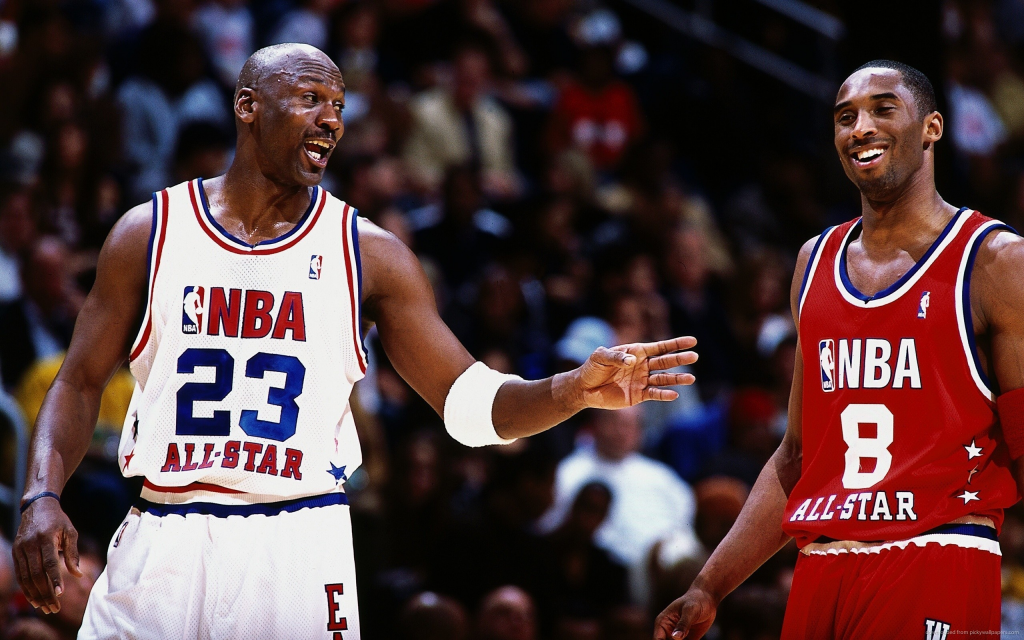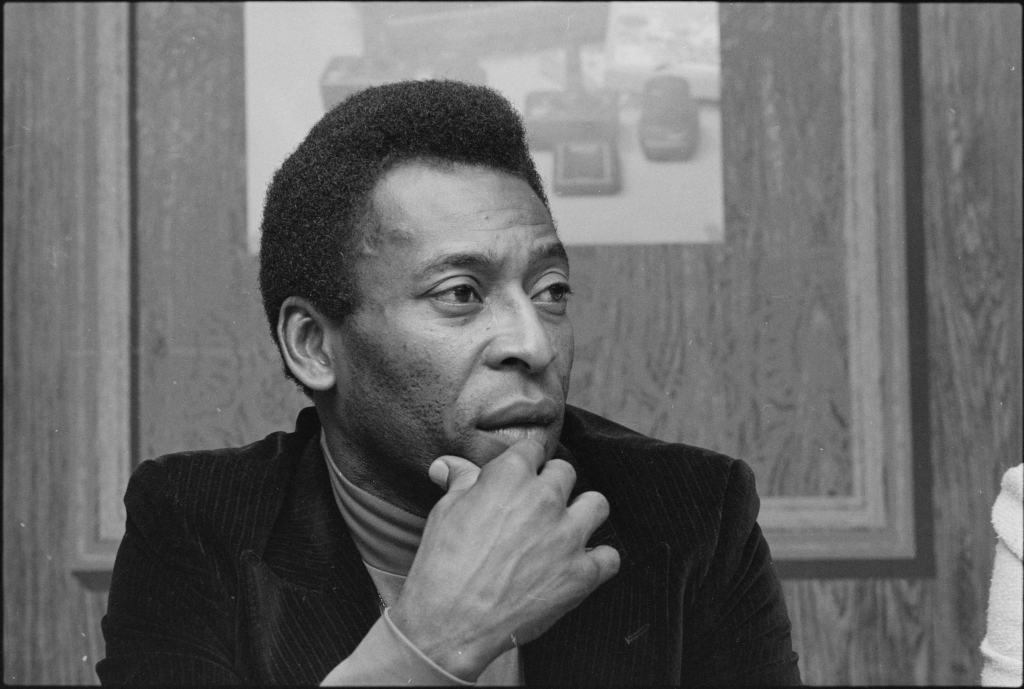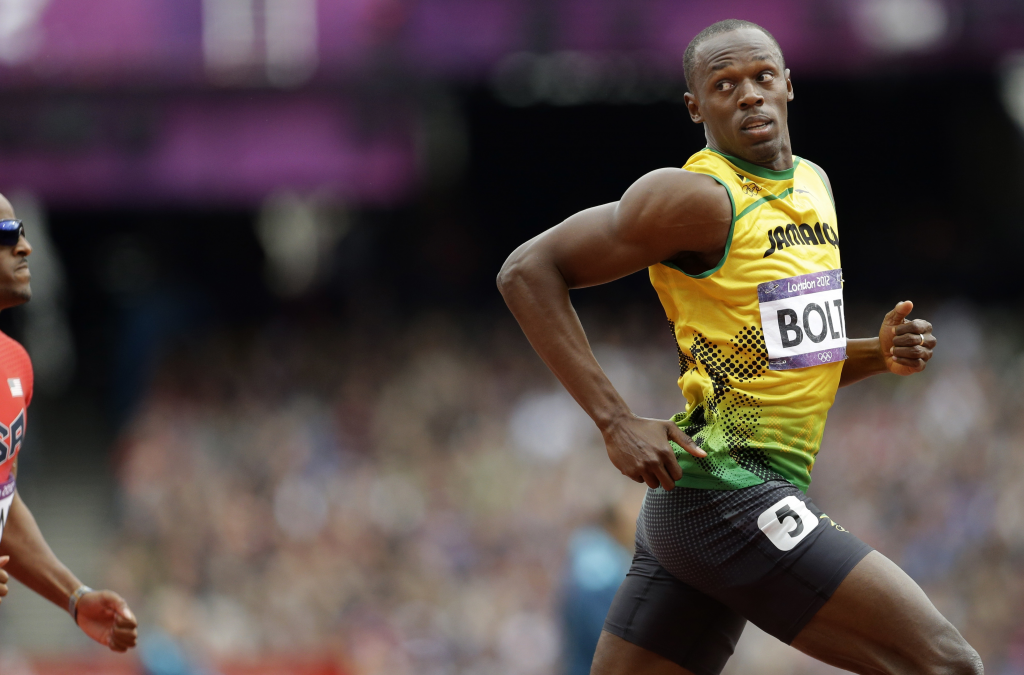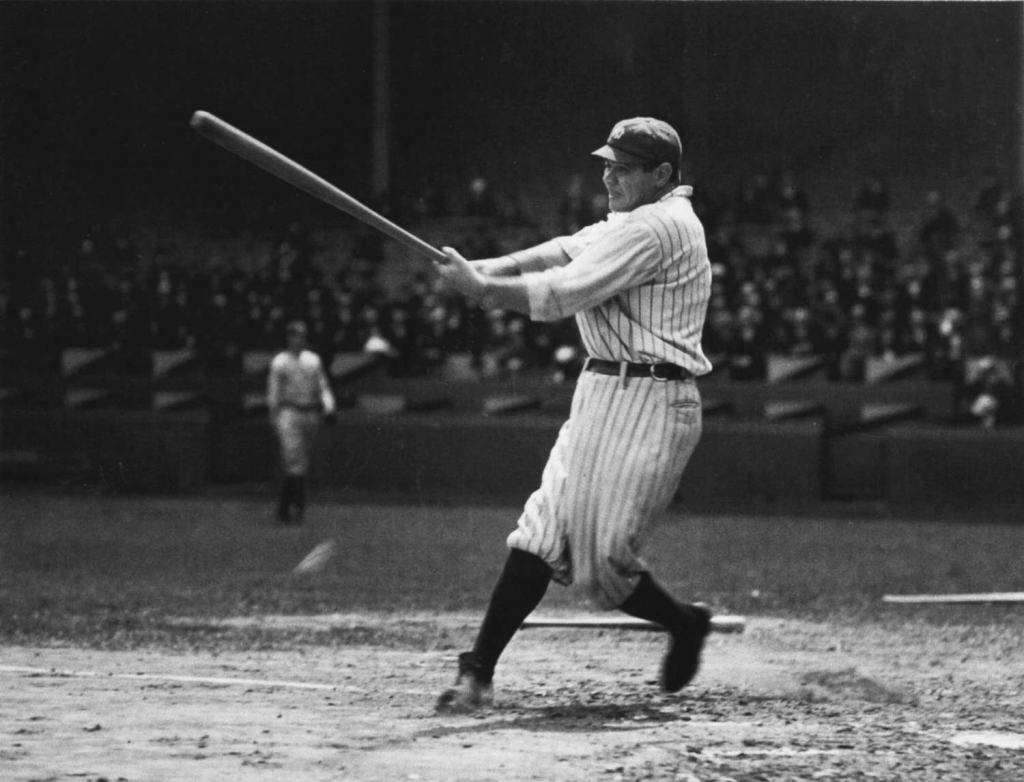This website utilizes anonymous usage data to provide the most helpful experience for visitors. Information about how the site is accessed is stored and analyzed without identifying individual users. This allows our team to understand which sections of the website are found most useful so we can focus our efforts on improving those areas for all users. We respect the privacy of those who access our content and aim to make the site as beneficial as possible for everyone.
- Crypto Betting
-
-
Crypto Available

First Deposit Bonus 125% Up To $1000

100% up to $100 (or equivalent in crypto)
-
- eSports Betting
-
-
Crypto Available

First Deposit Bonus 125% Up To $1000

100% up to $100 (or equivalent in crypto)
-
- By Sport
-
-
Crypto Available

First Deposit Bonus 125% Up To $1000

100% up to $100 (or equivalent in crypto)
-
- By Type
-
-
Crypto Available

First Deposit Bonus 125% Up To $1000
-
- SportsBooks
-
-
Crypto Available

First Deposit Bonus 125% Up To $1000

100% up to $100 (or equivalent in crypto)
-
- Odds & Picks
- Education
The Greatest Athletes of All Time
In the realm of sports, some names echo far beyond the confines of their disciplines, rising to become symbols of excellence on a global stage. These celebrated athletes are revered not just for their extraordinary feats of physical prowess but also for their capacity to inspire greatness, drive innovation, and uplift the very essence of their sports.
Muhammad Ali: The Legacy of “The Greatest”
Muhammad Ali was far more than just a champion in the boxing ring; he was a towering cultural icon and a beacon of defiance and bravery during the turbulent civil rights era in America. Renowned for his strategic acumen and sharp humor, Ali’s distinct approach to boxing—marked by his exceptional speed, agility, and accuracy—was perfectly captured in his famous mantra, “float like a butterfly, sting like a bee.” His signature move, the Ali Shuffle, and his ability to parry and counterpunch redefined the sport of heavyweight boxing.

Ali’s illustrious career featured legendary bouts that not only highlighted his tactical genius but also his grit, including his trilogy with Joe Frazier and the epic “Rumble in the Jungle” against George Foreman, where he introduced the world to the rope-a-dope strategy. These confrontations did more than just showcase his skills; they allowed him to capture the imagination of people worldwide.
Despite formidable rivals, Ali was the first to clinch the heavyweight championship title three times. This achievement was particularly remarkable given the prime years he lost due to his refusal to be drafted into the Vietnam War, a bold decision steered by his deep convictions and faith.
Ali’s enduring impact on both sports and society elevates him to a status beyond mere athletic greatness. As a charismatic leader, performer, and global envoy, he leveraged his stature to champion humanitarian causes and civil rights, profoundly inspiring both fellow athletes and the public. His legacy is securely anchored, immortalizing him as one of the most influential athletes ever to grace the world stage.
Michael Jordan: The Global Ambassador
Michael Jordan’s legendary status in basketball is cemented by his six NBA championships with the Chicago Bulls in the 1990s, where he snagged the Finals MVP each time, showcasing unrivaled competitiveness and prowess. Off the court, he ascended to global fame, crucially boosting the NBA’s international appeal and redefining athlete endorsements with his profitable Nike partnership that birthed the wildly popular Air Jordan brand.

Jordan’s supremacy is further highlighted by his ten NBA scoring titles and five MVP awards, evidencing his comprehensive impact on the game. Not just an offensive powerhouse, he also earned nine All-Defensive First Team nods and was the 1988 Defensive Player of the Year, proving his skill in both offensive and defensive plays.
Beyond his active years, Jordan’s legacy continues through his influential playing style, relentless work ethic, and commitment to constantly elevating his game. His rise from a high school varsity cut to a global sports icon underscores his remarkable resilience and continues to inspire athletes in all sports.
Jordan’s two NBA comebacks post-retirement amplify his lasting passion and influence in basketball. Returning to play for the Washington Wizards past his prime, he displayed undiminished competitive spirit and dedication. These aspects of Jordan’s career highlight not just his athletic excellence but also his profound impact on sports culture and business, solidifying his place as an enduring sports legend.
Serena Williams: Dominance on the Court
Serena Williams has dramatically reshaped women’s tennis with a powerhouse style that has netted her 23 Grand Slam singles titles, more than any other player in the Open Era. Her prowess on grass, clay, and hard courts, highlighted by a Career Golden Slam — capturing every Grand Slam tournament plus an Olympic gold in singles — demonstrates her dynamic and unparalleled abilities. Serena’s enduring excellence over two decades, maintaining her elite status even through injuries and motherhood, showcases her extraordinary resilience and competitive spirit.

Off the court, Serena has shattered significant barriers in a sport historically dominated by white players, becoming a beacon of diversity and encouraging people from all walks of life to embrace tennis. She has used her platform to fight for women’s rights and equality in sports, tackling issues from the wage gap to body image, while also championing educational causes and supporting victims of violence through her philanthropic work.
Expanding her impact, Serena has also made her mark in the fashion and business sectors, launching her own clothing lines and investing in diverse ventures. Her widespread presence in the media, spanning TV to advertising, not only elevates her visibility but also sparks vital discussions on the portrayal of female athletes, solidifying her status as a global cultural icon.
From the public courts of Compton, California, to the zenith of international tennis, Serena Williams’ journey coupled with her societal contributions and business savvy, firmly establishes her as one of the greatest athletes of all time. Her monumental achievements on the court and transformative influence beyond it affirm her role as a trailblazer and role model in sports and the wider world.
Pelé: Soccer’s Global Icon
Pelé, originally Edson Arantes do Nascimento, stands as a titan in the world of football, renowned for his unparalleled skills, transformative playing style, and significant achievements. As the only player ever to win three FIFA World Cups (1958, 1962, and 1970), his entrance into international prominence at just 17 demonstrated his remarkable ability to thrive under pressure, scoring a hat-trick in the semifinals and two decisive goals in the 1958 final. His legacy is marked by an impressive tally of over 1,280 goals in 1,363 matches, solidifying his status as one of the game’s most formidable scorers.

At the club level, Pelé was instrumental in elevating Santos FC to new heights, leading the team to multiple state championships, national titles, and two Copa Libertadores trophies, establishing it as a dominant force in South American football. His dynamic play, characterized by masterful dribbling and powerful shots, not only infused the sport with joy and panache but also played a pivotal role in popularizing football globally, especially during his stints with Santos and later with the New York Cosmos, significantly raising the sport’s profile in North America.
In Brazil, Pelé emerged as a cherished national icon, embodying the essence of Brazilian football with his exuberance, technical prowess, and flair during a time of political and economic upheaval. His rags-to-riches story of overcoming adversity to achieve global fame is a powerful narrative of resilience and determination, inspiring countless young players around the world and helping to cement football’s place as the world’s most beloved sport.
Throughout his illustrious career and into his post-retirement years, Pelé has amassed a myriad of honors, including being named FIFA World Player of the Century. His commitment to sport and fair play, alongside his contributions to humanitarian causes, has extended his influence well beyond the pitch, establishing him not only as a legendary figure in sports but also as a global ambassador for social justice. Pelé’s lasting impact on football and his influence on sports culture continue to inspire generations, securing his legacy as a true legend of the game.
Wayne Gretzky: The Great One
Wayne Gretzky, affectionately dubbed “The Great One,” reigns as the quintessential ice hockey legend, with an innate grasp of the game and extraordinary statistical records. He holds the staggering records for the most career points at 2,857, the highest single-season points at 215, and the record for the most goals in a season at 92, marking him as an unparalleled force in the NHL. His legendary playmaking abilities are equally notable, with career assists totaling 1,963 and a single-season best of 163, showcasing his dual prowess as both a scorer and a playmaker.

Throughout his illustrious career, Gretzky clinched the Hart Trophy as the NHL’s most valuable player nine times, including an unmatched streak from 1980 to 1987, demonstrating his relentless influence on the sport. Under his leadership, the Edmonton Oilers clinched four Stanley Cup championships within five years during the 1980s, and his stint with the Los Angeles Kings markedly increased hockey’s allure in southern California, aiding the sport’s growth across the United States.
Beyond the rink, Gretzky championed hockey globally, enhancing the sport’s profile through various charitable initiatives and international roles, including his pivotal involvement as the Executive Director for Canada’s gold-medal team at the 2002 Winter Olympics. His strategic acumen, anticipatory skills, and refined style of play have revolutionized hockey, establishing new paradigms for both playing and strategizing in the sport.
Gretzky’s profound influence is immortalized by the NHL’s rare honor of retiring his jersey number 99 across all teams, a nod to his significant impact. Wayne Gretzky’s groundbreaking performances, his instrumental role in expanding hockey’s reach, and his esteemed status as a sports ambassador have cemented his legacy as one of the all-time greats, celebrated not only for his record-setting feats but also for his lasting imprint on the sport of hockey.
Usain Bolt: The Fastest Man Alive
Usain Bolt, dubbed the Fastest Man Alive, is celebrated not only for his groundbreaking sprinting records but also for his dynamic presence that reignited global enthusiasm for track and field. His legendary Olympic streak, capturing gold in the 100m, 200m, and 4x100m relay across three consecutive Olympics (2008, 2012, 2016), showcases his unparalleled prowess and ability to deliver under the intense spotlight of the world’s grandest sports stages. His record-setting dashes in the 100m (9.58 seconds) and 200m (19.19 seconds) in 2009 smashed previous boundaries and have stood the test of time, securing his title as the fastest human to ever grace the planet.

Apart from his Olympic glories, Bolt’s impact at the World Championships, where he consistently outshone his rivals, solidifies his status as a sprinting titan. His magnetic charm and iconic celebrations have captured hearts worldwide, pushing him beyond the usual confines of sports fame.
Bolt’s ascent from the humble beginnings in rural Jamaica to international acclaim is an inspiring story of triumph over socioeconomic adversity. His relaxed yet assured persona, paired with his trademark victory poses and genuine interactions with fans, have endeared him to millions, establishing him as an enduring sports icon. His dedication to promoting fair play and sportsmanship, alongside a successful endorsement career, has amplified his global influence.
Usain Bolt’s impact stretches far beyond the track, affecting the entire spectrum of athletics and sports culture globally. His blistering speed, consistent elite performances, and role in boosting the visibility and appeal of track and field affirm his place among the greatest athletes ever. Bolt’s career has not only reshaped common beliefs about the peaks of human athletic ability but has also inspired a worldwide audience, making an indelible mark on the sports world.
Babe Ruth: Baseball’s Greatest Hero
Babe Ruth, or “The Sultan of Swat,” stands as a monumental figure in sports history, revolutionizing Major League Baseball (MLB) with his explosive power-hitting and magnetic charisma. In an age when home runs were a rarity, Ruth shattered records, climaxing with a staggering 60 home runs in 1927—a benchmark that remained untouched for 34 years. His career total of 714 home runs led the charts for decades. His transition from a pitcher boasting a 94-46 win-loss record and a 2.28 ERA with the Boston Red Sox to a celebrated outfielder underscores his extraordinary and diverse athletic prowess.

Ruth’s impact on baseball transcended his impressive stats; his larger-than-life character and flair captured the American zeitgeist during the vibrant 1920s, known as the Roaring Twenties. He was instrumental in solidifying baseball as America’s favorite pastime, influencing not only the sport but also the era’s fashion, language, and celebrity culture. His approach to the game, characterized by vigorous swings and show-stopping home runs, shifted baseball’s strategic focus from conservative play to thrilling, crowd-pleasing actions.
Long after his retirement and subsequent passing, Ruth’s influence continues to resonate in the marketing and veneration of athletes in American culture today. As one of the inaugural inductees into the Baseball Hall of Fame, his legacy as a pivotal figure in sports endures. His philanthropic efforts, frequenting hospitals and orphanages, further endeared him to the public, solidifying his status not just as a sports legend but also as a cherished public icon.
Babe Ruth’s blend of unmatched athletic feats, transformative impact on baseball strategy, and cultural significance firmly establishes him as one of the greatest athletes in history. His legacy extends beyond mere statistics or records; it lies in the profound changes he brought to the sport of baseball and his enduring symbol of sporting greatness.
Martina Navratilova: A Tennis Trailblazer
Martina Navratilova stands as a towering figure in the world of tennis and athletics, celebrated for her profound influence that reshaped women’s tennis in the 1970s and 1980s. Throughout her illustrious career, Navratilova clinched an unprecedented 18 Grand Slam singles titles, including nine at Wimbledon, and tallied a record 59 major titles across singles, doubles, and mixed doubles—the most in the Open Era. Her exceptional adaptability to all court surfaces and her revolutionary approach to physical fitness and strategy spearheaded a transformative era in how women’s tennis is approached and played.

Navratilova’s career, spanning over three decades, showcased her enduring high performance, culminating in a Grand Slam title win at the remarkable age of 49. She dominated the world rankings, holding the No. 1 spot in singles for 332 weeks and in doubles for 237 weeks, a testament to her consistency and longevity in the sport. In 1984, she set an astounding record with 74 consecutive match wins, underscoring her sheer dominance in women’s tennis.
Beyond the baseline, Navratilova has been a formidable advocate for gay rights and gender equality, championing these causes during a time when doing so held significant personal and professional risk. Her courage in coming out during the height of her career broke barriers and laid a foundation for future athletes to live openly and authentically. Her activism, combined with her efforts to bridge cultural divides between Eastern and Western players during a politically charged era, established her as a pivotal ambassador for tennis and broader social change.
Navratilova’s lasting influence on tennis and global culture is significant, with her contributions helping to elevate the popularity and commercial viability of women’s tennis. Her storied rivalry with Chris Evert not only captivated audiences but also played a crucial role in advancing the movement for equal prize money and recognition in women’s sports. Martina Navratilova’s legacy, marked by extraordinary athletic prowess, groundbreaking contributions to sports fitness, and relentless advocacy for social justice, cements her as a symbol of excellence and innovation in sports history.
Tiger Woods: Redefining Golf
Tiger Woods is celebrated as one of the titans of sports history, having reshaped golf into a captivating global spectacle. Boasting 15 major championships, Woods is only second to Jack Nicklaus in this realm, exhibiting his prowess across all major tournaments with remarkable success that showcases his adaptability to varying conditions and high-pressure environments. His illustrious victories, including five Masters Tournaments, four PGA Championships, three U.S. Opens, and three Open Championships, highlight his diverse skill set and extraordinary mental resilience.

Woods revolutionized professional golf with a dynamic blend of physical strength and strategic finesse, sparking a new era where fitness and athleticism are at the core of modern golf. This seismic shift, coupled with his 82 PGA Tour wins—a record he shares—has not only underscored his consistent performance but has also amplified golf’s popularity and economic impact. Known as the “Tiger Effect,” his influence has significantly boosted television ratings, increased tournament attendances, and expanded the sport’s economic reach, shattering conventional boundaries within the golfing world.
Moreover, Woods’s career is punctuated by remarkable comebacks, surmounting numerous personal and professional hurdles, most notably reclaiming victory at the 2019 Masters following an 11-year hiatus from major championship wins. This resurgence is lauded as one of the most inspiring comebacks in sports, underlining his indomitable spirit and solidifying his enduring legacy as an emblem of perseverance.
Beyond his impressive stats and competitive feats, Tiger Woods has inspired countless individuals with his staunch commitment to golf and his remarkable capacity to navigate life’s challenges. His significant influence stretches across golf and broader sports culture, continually driving the sport towards inclusivity and excellence. Woods’s enduring impact transcends mere achievements, encapsulating profound cultural significance and the progressive evolution of golf, securing his place as one of the most formidable athletes in history.
Nadia Comaneci: The Perfect 10
Nadia Comaneci is hailed as one of the most iconic gymnasts and athletes in history, famous for her stellar performance at the 1976 Montreal Olympics where she achieved the first-ever perfect 10 in Olympic gymnastics. During that event, she notched seven perfect scores, shattering previous notions of what was possible in gymnastics. At just 14, she secured three gold medals (individual all-around, uneven bars, and balance beam), asserting her dominance and redefining excellence in the sport.

Her influence in gymnastics goes well beyond those Olympic moments; Comaneci’s routines melded unparalleled fluidity, grace, and precision, propelling the sport to unprecedented technical levels. She pioneered complex routines featuring elements and combinations that had never been seen in competition, revolutionizing how routines are crafted and performed in women’s gymnastics. This innovation played a pivotal role in elevating the global stature and competitive edge of the sport, inspiring a whole new generation of gymnasts.
Off the mat, Comaneci’s story is equally inspiring. Emerging from a small town in Romania, she became a global sensation during a time when the Eastern Bloc was cut off from the Western world. Her international success brought immense pride and joy back home, making her a cherished figure worldwide. After retiring, she continued to shape the sport as a coach, mentor, and advocate for sportsmanship and fair competition, positively influencing the gymnastics community and beyond.
Nadia Comaneci’s legacy is marked by her transformative performances, technical advancements, and lasting impact on gymnastics. She transcends her sport, not only through the medals and perfect scores she attained but in her ability to drive change and foster excellence. As a trailblazer and role model, her enduring influence ensures her place in the annals of Olympic and sports history, celebrating her as one of the greatest athletes of all time.
Conclusion
These athletes have not just mastered their disciplines; they’ve uplifted the human spirit. Their tales of victory and resilience resonate deeply, continually inspiring and reshaping not just the world of sports but our broader global community.




